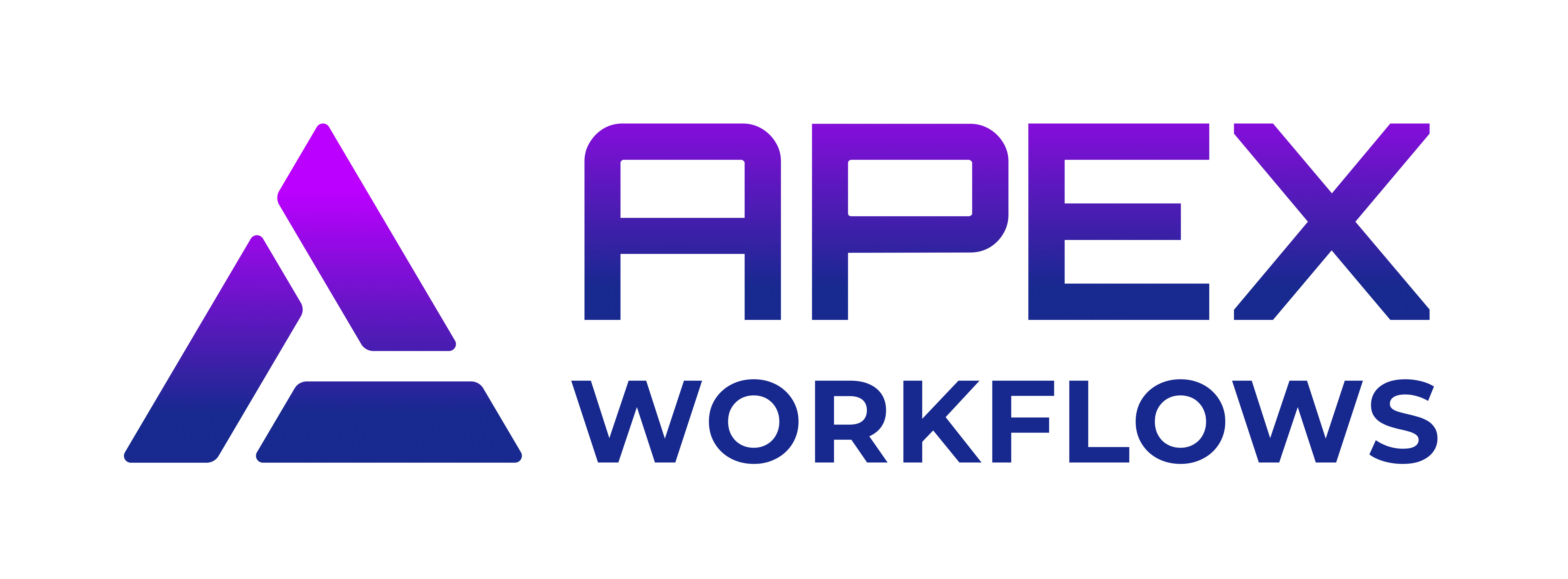Legal departments in 2025 face more complexity and pressure than ever before. From global regulatory changes to skyrocketing volumes of contracts and documentation, legal teams are increasingly expected to do more with less—while delivering airtight compliance. To meet these demands, artificial intelligence (AI) has emerged as a transformative force, turning compliance from a reactive burden into a proactive, scalable advantage. The convergence of AI in legal compliance with smart legal technology is elevating legal operations to new levels of insight, automation, and accuracy that were previously out of reach.
How AI Is Transforming Legal Compliance Workflows
AI is playing a pivotal role in reshaping how legal compliance workflows are executed. One of the most immediate benefits is the automation of repetitive, time-consuming tasks such as monitoring regulations, updating policy requirements, and performing due diligence. With AI, rule-based processes like document classification, clause identification, and compliance assessments are performed faster and with fewer errors.
Beyond task automation, AI enables predictive analytics that help legal teams flag potential compliance risks before they escalate. By analyzing patterns across contracts, communication, and case data, smart algorithms can highlight anomalies or risk indicators in real time. This empowers legal operations to move from a reactive stance to one that is anticipatory and aligned with business strategy.
AI also accelerates document-related workflows through real-time clause extraction, contract redlining, and semantic analysis. Legal professionals can use AI tools to automatically scan massive volumes of contracts for risk exposure, regulatory language, or missing clauses—cutting down research time and ensuring consistency. In case management, intelligent triage systems built with AI assign incoming matters to the appropriate teams based on complexity, category, or urgency, drastically reducing wait times and manual evaluations.
Top Areas Where Legal Teams Benefit From AI in Compliance
The impact of AI in legal compliance is observable across several core operational areas. In legal spend management, AI tools help review invoices by flagging compliance violations with billing guidelines—saving both time and money. Contract lifecycle management is also evolving with AI-assisted tools that extract data, verify standard language, and manage renewals or expirations autonomously.
Regulatory compliance is another key beneficiary. AI systems scan jurisdictions for regulatory changes, updating internal rules and workflows automatically, and alert the appropriate teams—all without burdening human analysts. These tools also improve audit trails by centralizing data points such as document versions, activity logs, and related communications, which are essential for both internal and regulatory audits.
In litigation support, AI accelerates the discovery phase by filtering and classifying relevant legal documents based on context. Natural language processing (NLP) capabilities help uncover patterns in testimony, identify contradictions, or trace evidence links across file types, lifting a huge burden off legal professionals reconstructing case histories.
Legal Workflow Automation in Action: Use Cases for 2025
Several high-impact use cases highlight the capabilities of legal workflow automation in 2025. AI-driven smart intake systems triage incoming requests and automatically direct queries or legal matters to the correct departments, significantly reducing time-to-resolution and manual workload.
Contract drafting is also benefiting from AI assistants like Leah and Copilot, which provide real-time content suggestions, enforce compliance with internal templates, and flag non-standard clauses before submission. In highly regulated industries, automated compliance checks powered by AI ensure that marketing, HR, and finance documents align with legal standards—minimizing risk exposure proactively.
Legacy compliance management software is being revitalized through AI integration. Modern AI layers supplement outdated tools with intelligent tagging, contextual search, and dynamic reporting, bridging the gap between traditional software limitations and the agility that current regulatory environments demand.
Best-in-Class AI Tools for Legal Teams in 2025
The legal technology market in 2025 features several standout platforms that lead the charge in legal workflow automation and compliance management. LEGALFLY offers intelligent end-to-end workflows for contracting and regulatory compliance, while Streamline AI excels in structured intake management and policy enforcement.
ContractPodAi is widely adopted for contract lifecycle automation, with embedded AI that supports everything from negotiation to renewal scheduling. Clio Duo combines practice management with generative AI support, integrating seamlessly into daily operations for legal teams across industries.
These tools come equipped with key features such as multi-system integration, customizable analytics dashboards, and enterprise-grade security. Choosing the right platform depends on specific organizational needs—whether it's managing document workflows, tracking litigation, optimizing legal spend, or streamlining contracting processes.
Compliance Management Software That Scales With Innovation
Scalability is non-negotiable when considering compliance management software. AI-enhanced platforms must integrate cleanly with existing document management systems and contract repositories to avoid disrupting current operations. Equally critical are security and compliance standards like SOC 2 Type II, ISO 27001, and GDPR adherence, which ensure data privacy and regulatory conformity.
ROI should be measured not only by cost savings but also through improved efficiency, reduced human error, and minimized compliance violations. Corporate legal teams report success in using AI tools to reduce contract turnaround times by 40%, cut legal spend oversight efforts in half, and improve audit readiness with centralized documentation and analytics dashboards.
Challenges and Considerations With Legal AI Adoption
Despite the advantages, adopting AI for legal teams requires thoughtful planning. Change management is a common hurdle—especially in environments where legal processes are steeped in tradition. Ensuring team buy-in and providing the right training makes deployment smoother and more impactful.
Overreliance on AI is another risk. Human judgment remains essential, especially in nuanced legal interpretation. Legal and compliance professionals must maintain oversight to validate AI outputs and ensure ethical decision-making.
Data governance is also critical. Organizations must vet vendors for privacy, data residency, and transparency in algorithms. A black-box approach to AI logic can lead to compliance issues or missed audit requirements, so choosing providers that allow transparency and auditability is vital.
The Future of Legal Operations: Smarter, Faster, More Compliant
AI is quickly becoming a foundational layer of modern legal operations. It allows teams to align their compliance programs with broader corporate goals—enabling strategic insights and agility, not just checklists and deadlines. As legal departments embrace AI, the evolution from tactical to strategic compliance becomes not only possible but predictable.
By incorporating AI-driven solutions, legal teams can pivot from frantic fire drills to confident, predictive responses to change. From contract intelligence to litigation support, the next generation of legal operations will prioritize foresight, accuracy, and data-driven decisions.
Conclusion
Legal workflow automation powered by AI is no longer a luxury—it’s a necessity for legal teams looking to thrive amidst increasing demands and regulatory complexity. In 2025, the combination of smart compliance tools and forward-thinking legal operations can transform how compliance is managed—turning it from a resource-heavy burden into a scalable, agile, and strategic function. Embracing AI in legal compliance today sets the foundation for operational excellence tomorrow.






